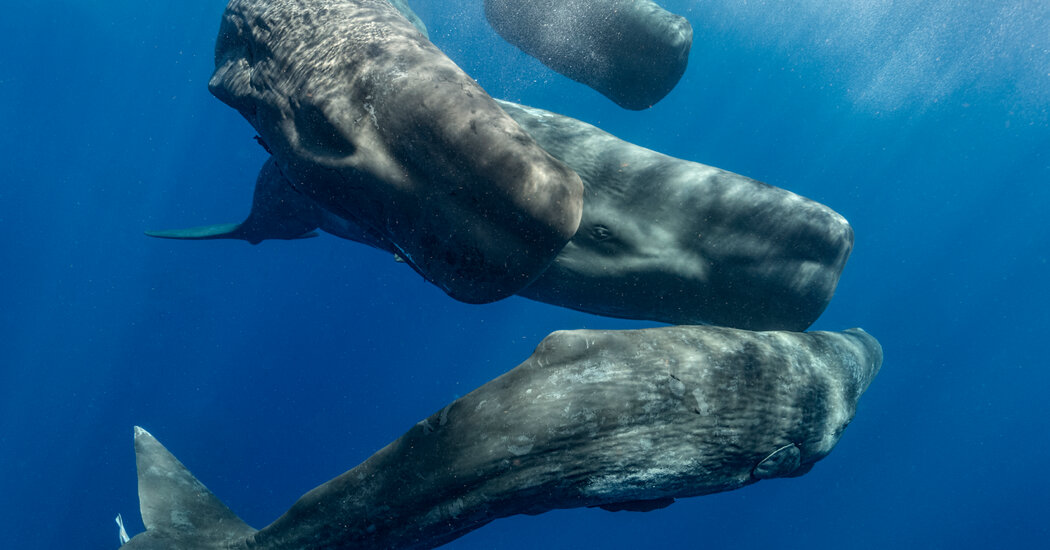- cross-posted to:
- [email protected]
- [email protected]
- cross-posted to:
- [email protected]
- [email protected]
This is the best summary I could come up with:
In 2020, a team of marine biologists and computer scientists joined forces to analyze the click-clacking songs of sperm whales, the gray, block-shaped leviathans that swim in most of the world’s oceans.
But Shane Gero, a marine biologist at Carleton University in Ottawa and an author of the study, said it’s unclear whether sperm whales similarly turn their phonetic sounds into a language.
With backing from philanthropists, Dr. Gero and his colleagues started “Project CETI,” (for “Cetacean Translation Initiative”), to investigate whether artificial intelligence and other computing advances could decode whale songs.
As part of the project, Pratyusha Sharma, a computer science graduate student at M.I.T., gave the data from Dominica a fresh look.
Ms. Sharma’s new visualizations also revealed that sperm whales could occasionally add an extra click to the end of the coda, a behavior they call ornamentation.
Microphones deployed in the Caribbean are capturing ocean sounds 24 hours a day, and scientists are programming computers to learn how to pick sperm whale songs out from the background noise.
The original article contains 1,120 words, the summary contains 171 words. Saved 85%. I’m a bot and I’m open source!

